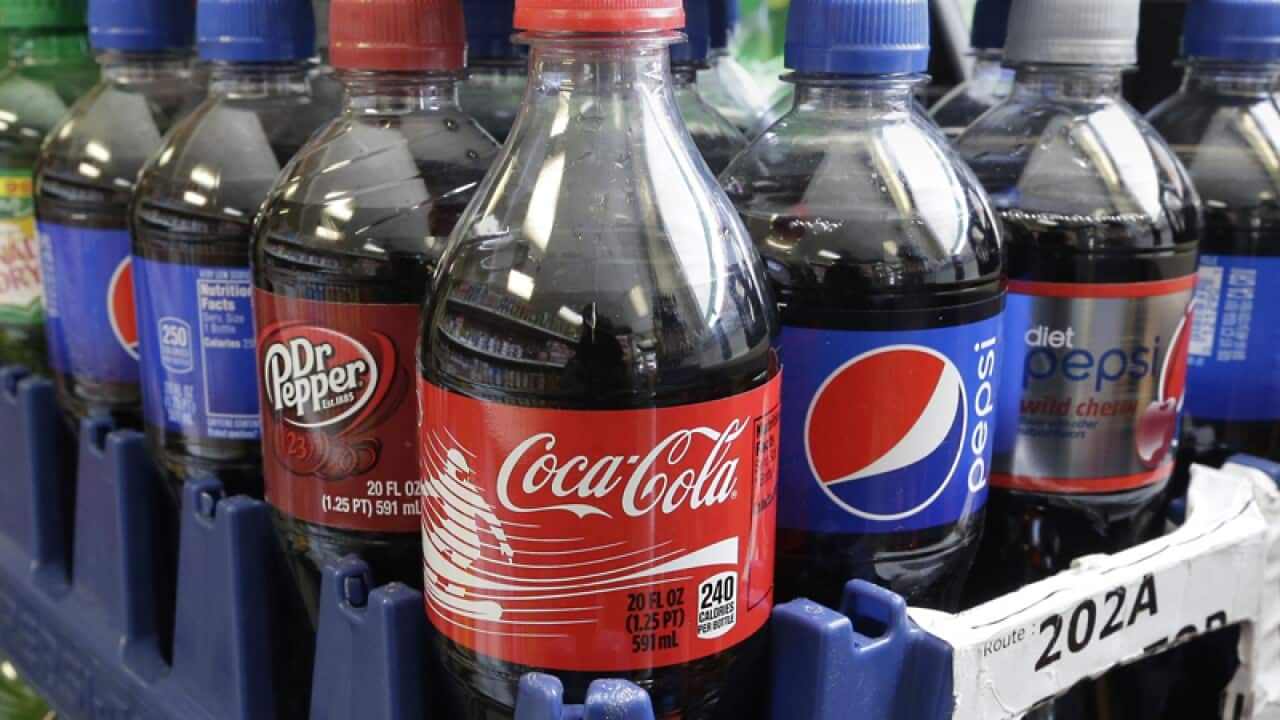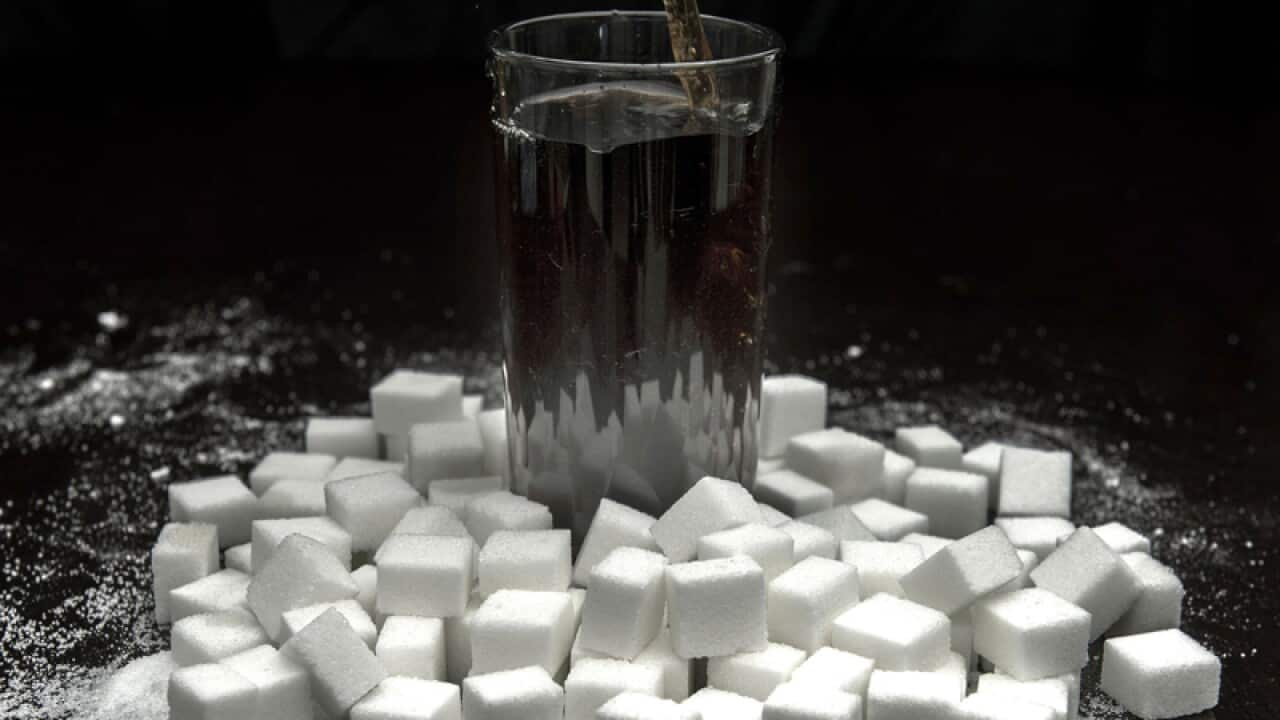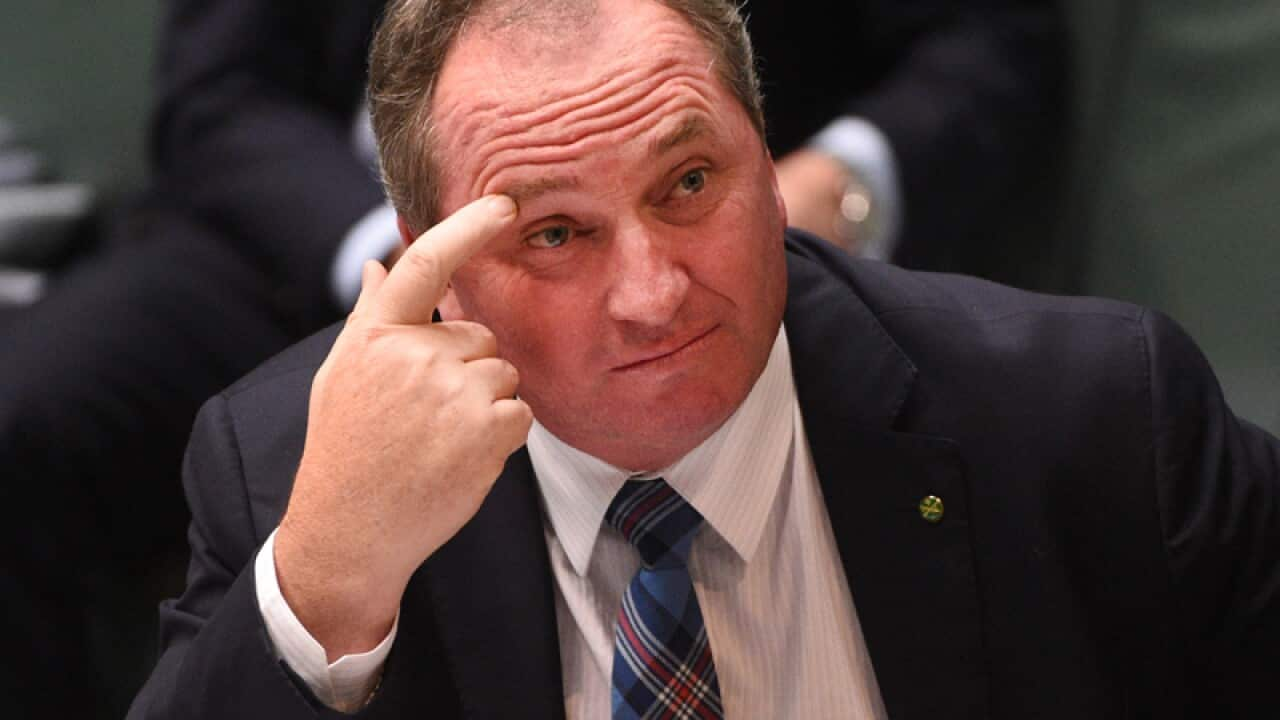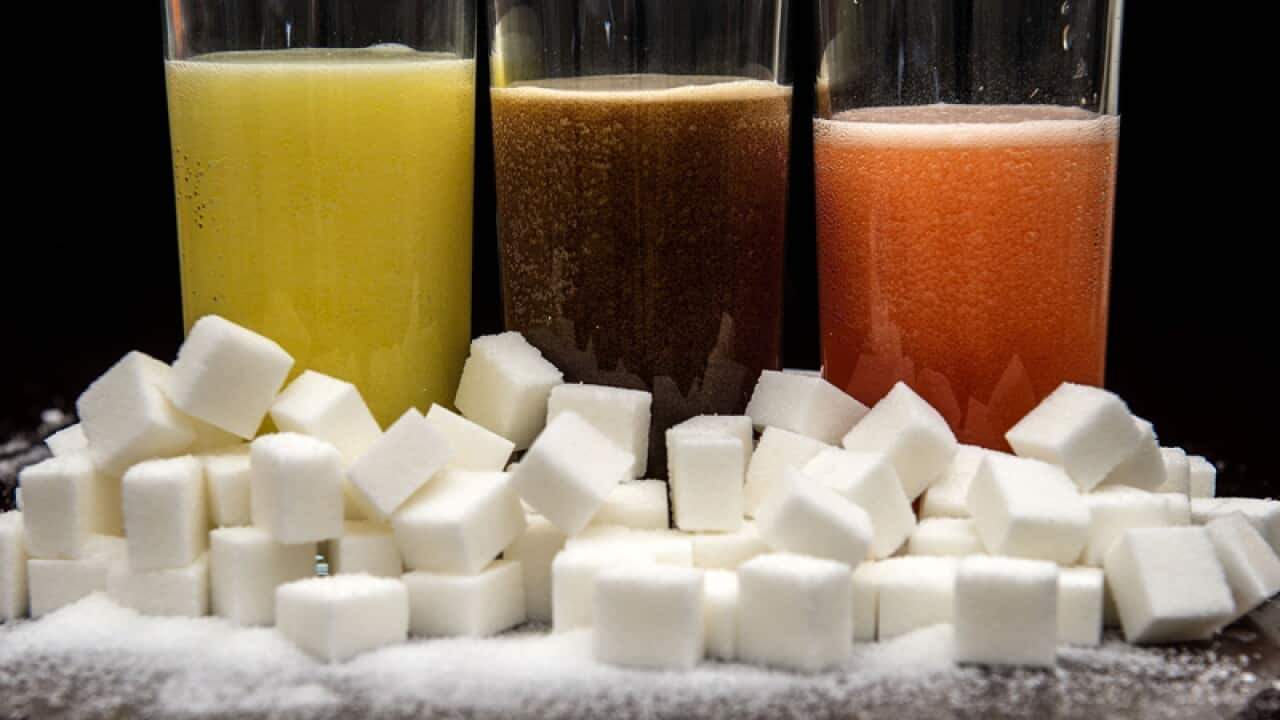Teens and young adults will be most affected by a tax on sugary drinks proposed by the Grattan Institute in an effort to tackle obesity.
The tax would raise approximately $500 million per year by introducing a levy of 40c per 100 grams of sugar in drinks lacking nutritional value. Such a tax would exclude fruit juice and flavoured milk as well as artificially-sweetened beverages.
Dr Stephen Duckett from the Grattan Institute said the new report seeks to highlight the cost of obesity to the community.
"What we’re trying to do is ensure that people who are making choices about consuming sugar-sweetened beverages are aware of the costs, so that we ensure the producers and consumers are paying the full costs and taxpayers aren't out of pocket,” he said.
The cost of obesity to the community is estimated to be $8.6 billion per year, in healthcare, welfare and foregone tax revenue as a result of the inability for obese Australians to earn to their potential.
"What we’re trying to do is ensure that people who are making choices about consuming sugar-sweetened beverages are aware of the costs."
Bodies such as the Royal Australian College of GPs, the Royal Australasian College of Physicians and the Royal Australasian College of Surgeons issued a joint plan to tackle obesity earlier this month, which included a tax on sugary drinks.
It followed a call earlier in the year from the World Health Organisation urging countries to tax sugary drinks.
Belgium, France and Finland are among more than a dozens countries worldwide with such taxes, and the UK government announced earlier this year that it would follow their lead.
According to a report in Melbourne newspaper The Herald Sun in April, Labor has explored the possibility of such a proposal, though has yet to make any announcements of support.
Within government, Liberal MP Russell Broadbent has backed the idea of the tax, however Nationals leader Barnaby Joyce has rejected any debate on the issue.
Addressing concerns from the sugar industry to such a tax, the Grattan Institute report argues that only one per cent of the country’s sugar production would be affected by the tax. It notes some producers such as Harwood Sugar Mill in northern NSW may need government assistance for accessing export markets to make up for lost local business.
The report also highlights that teenagers and young adults are the largest consumers of drinks that would be taxed.
Dr Duckett said he believes young people - even young soft drink lovers - recognise that obesity is a problem for society.
"I think everybody recognises (tackling it) is something we have to do and nothing that’s happened so far is working,” he said.
The report argues fruit juice and flavoured milk be excluded from the tax "because they contain valuable nutrients", even though sugar levels in these drinks can be similar to soft drinks.
Dr Duckett also acknowledged that consumption of artificial sweeteners would be likely to rise if such a tax was introduced, either due to recipe changes in drinks or the change of preferences by consumers, even though science around the health effects of artificial sweeteners was not settled.













